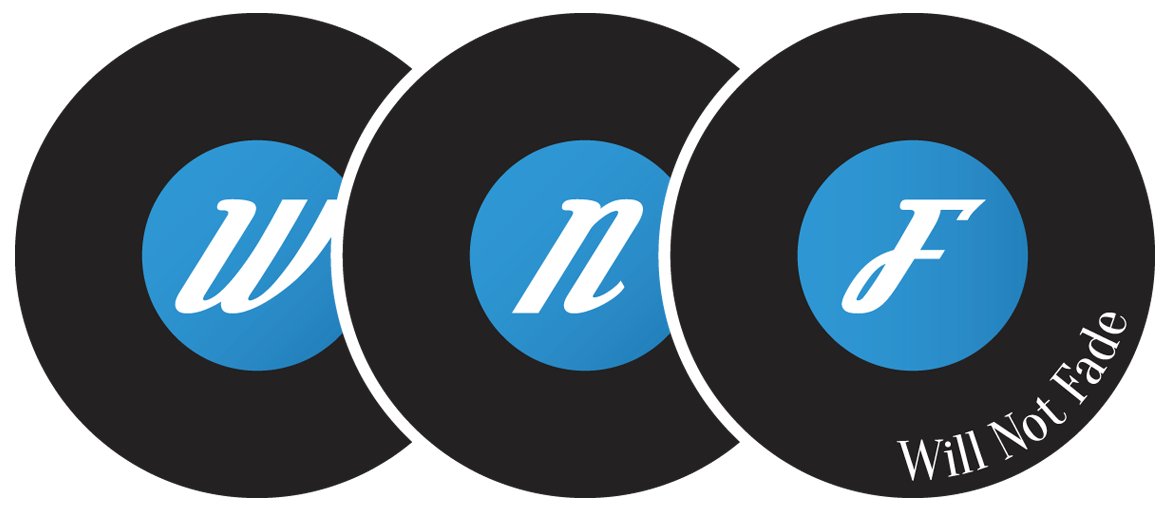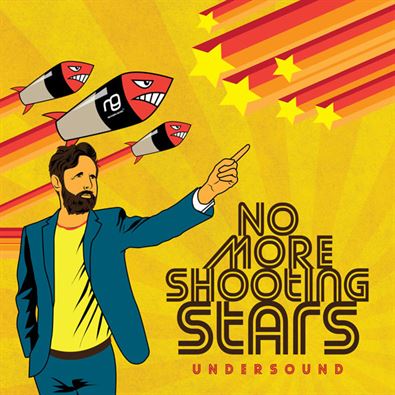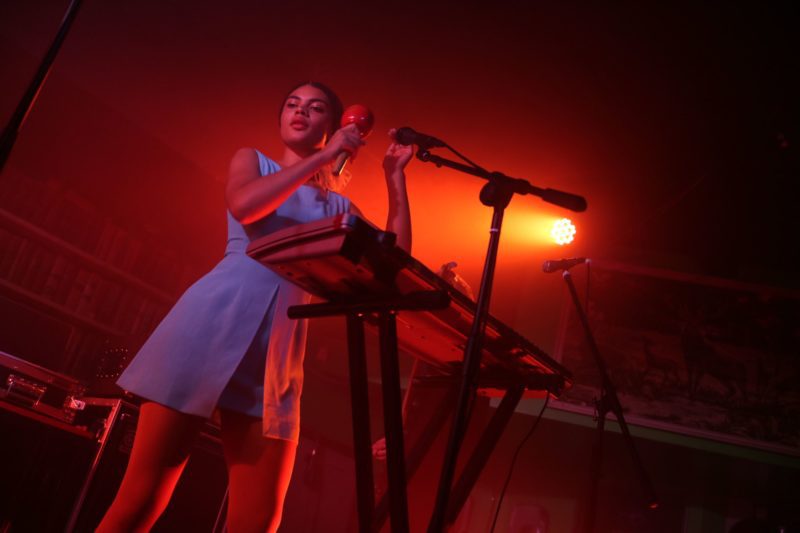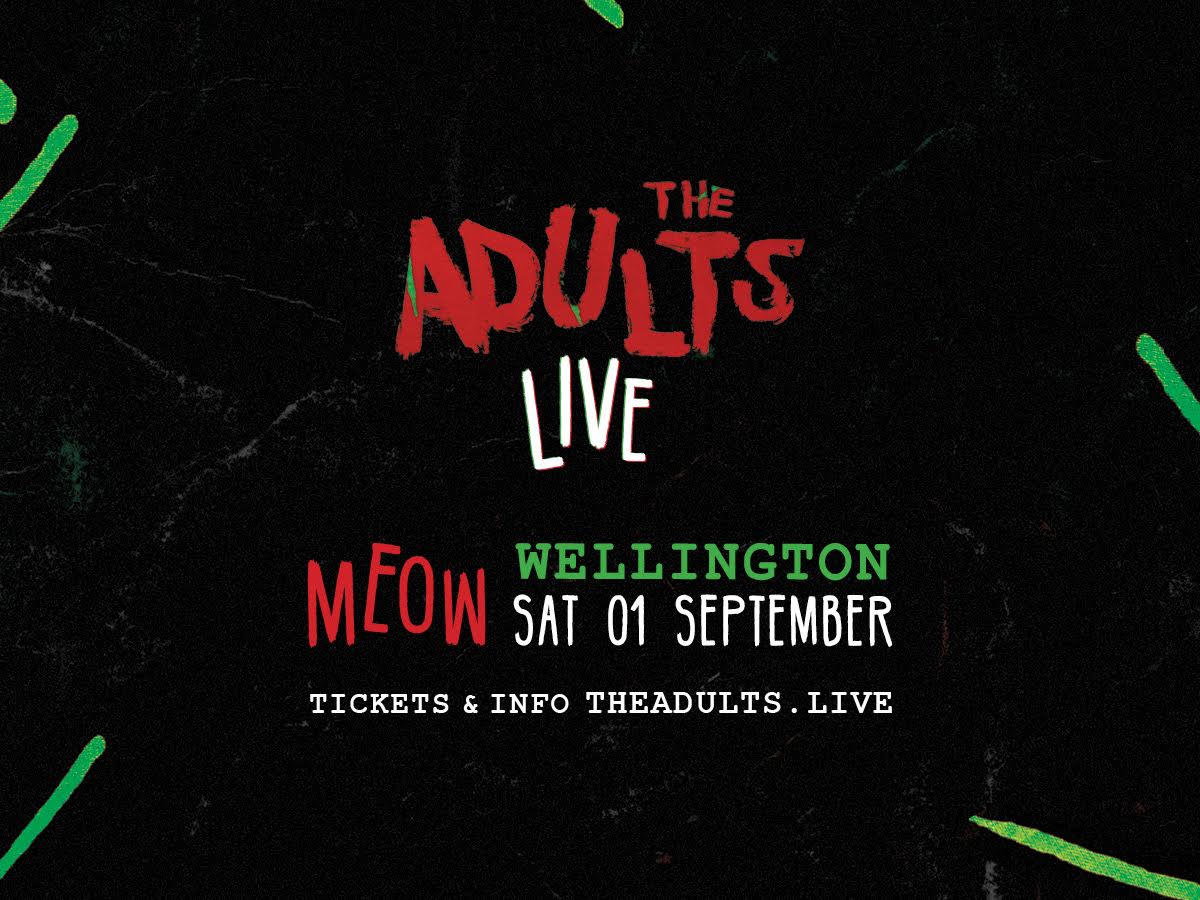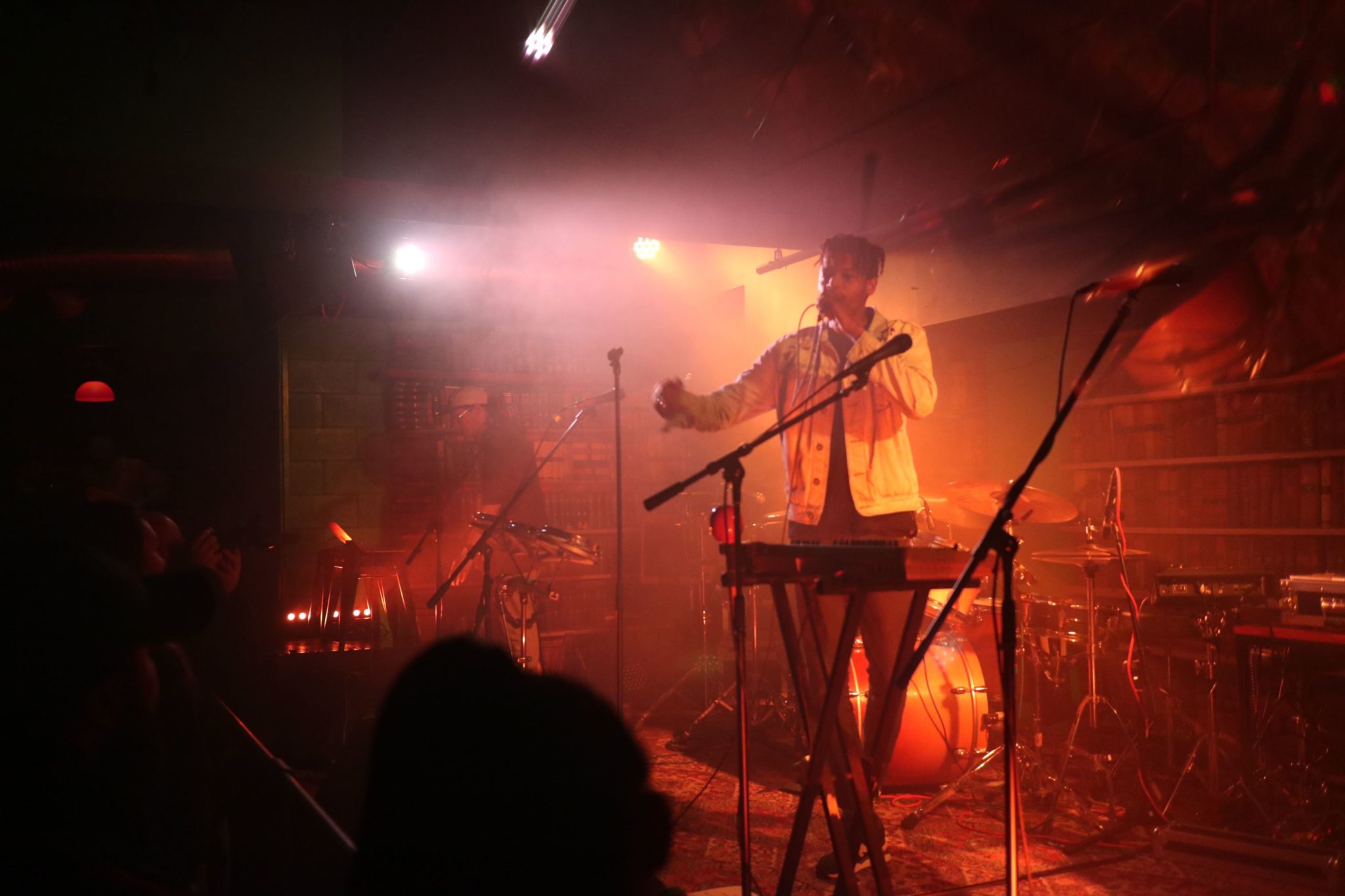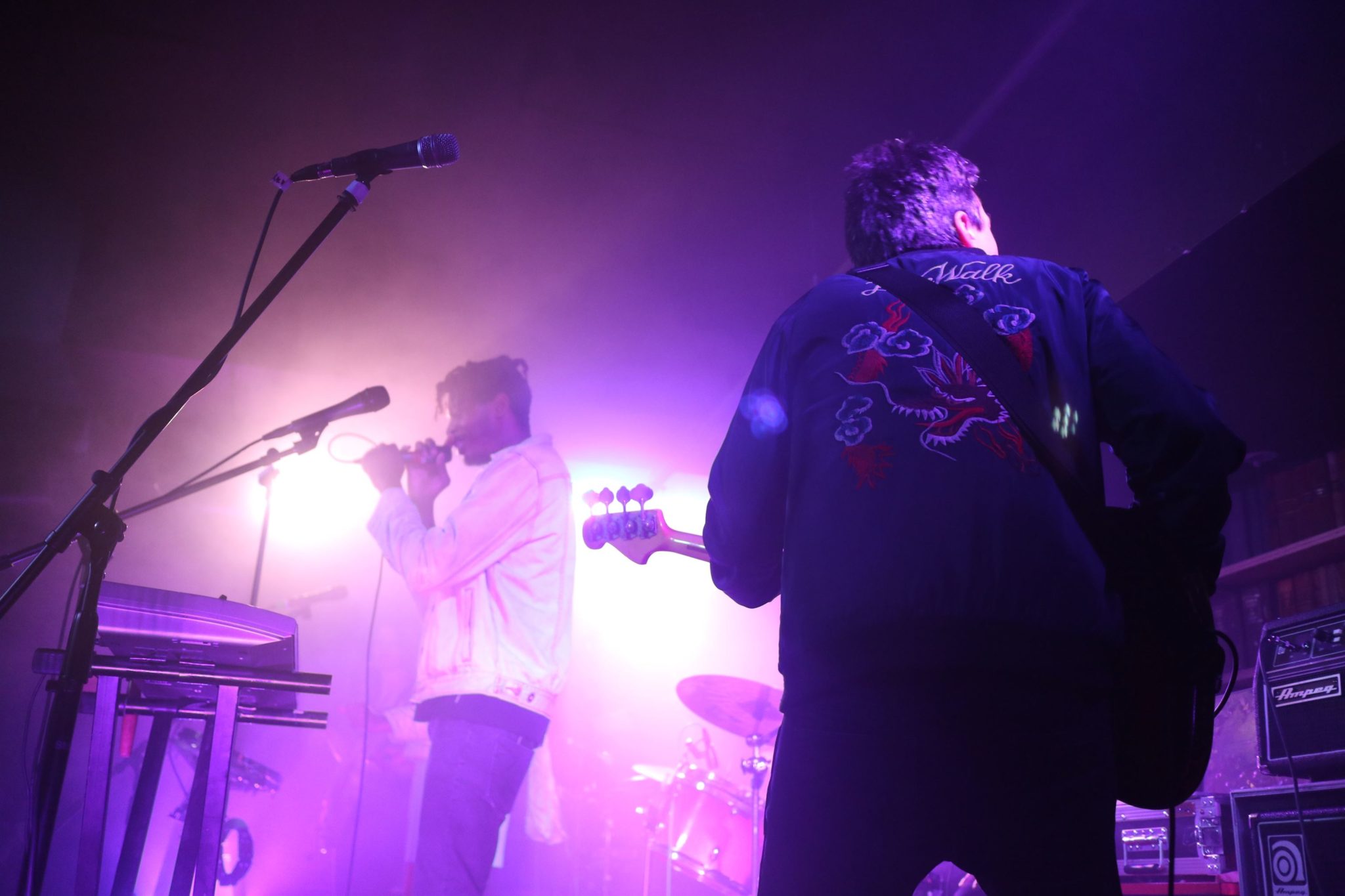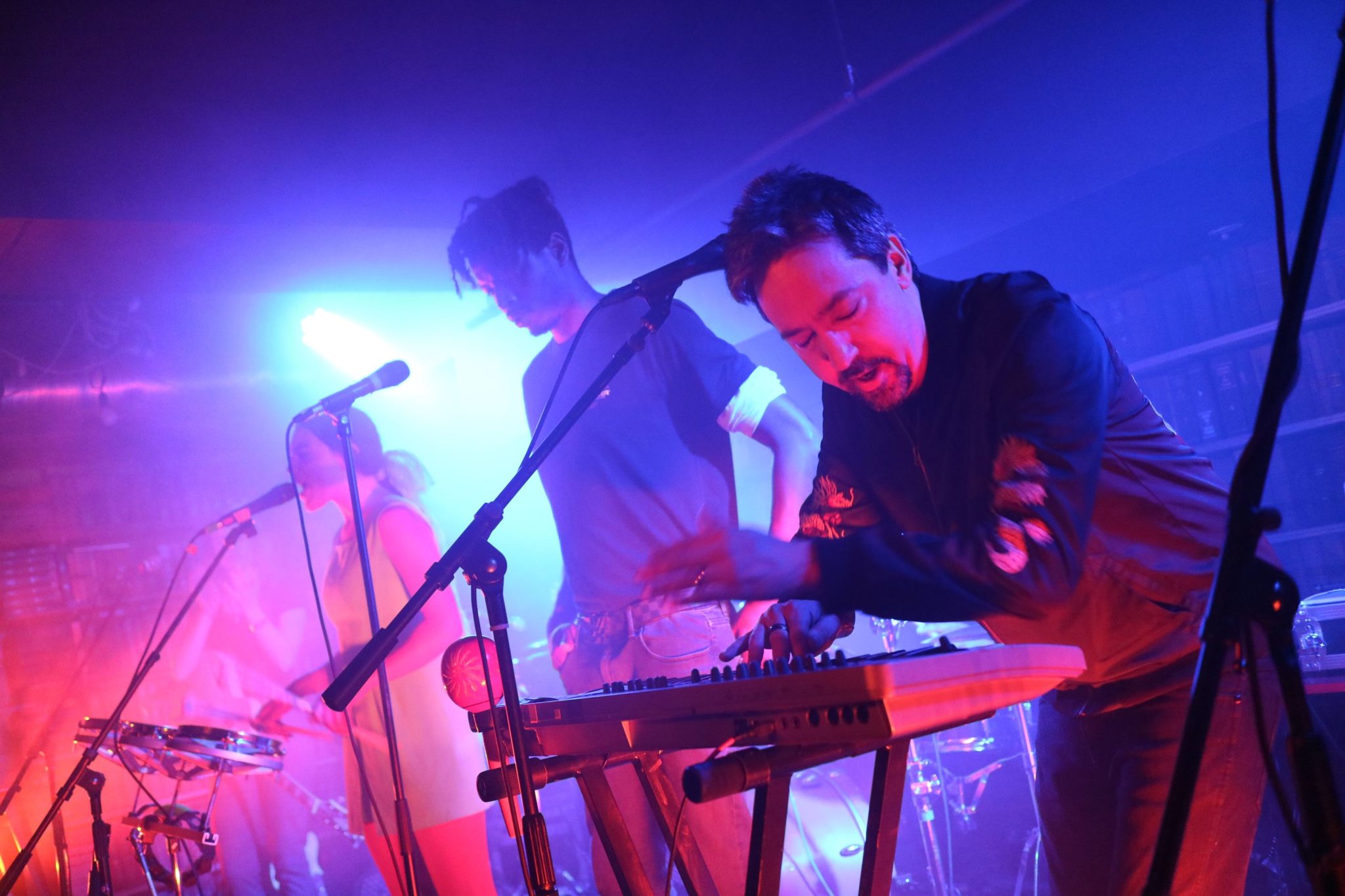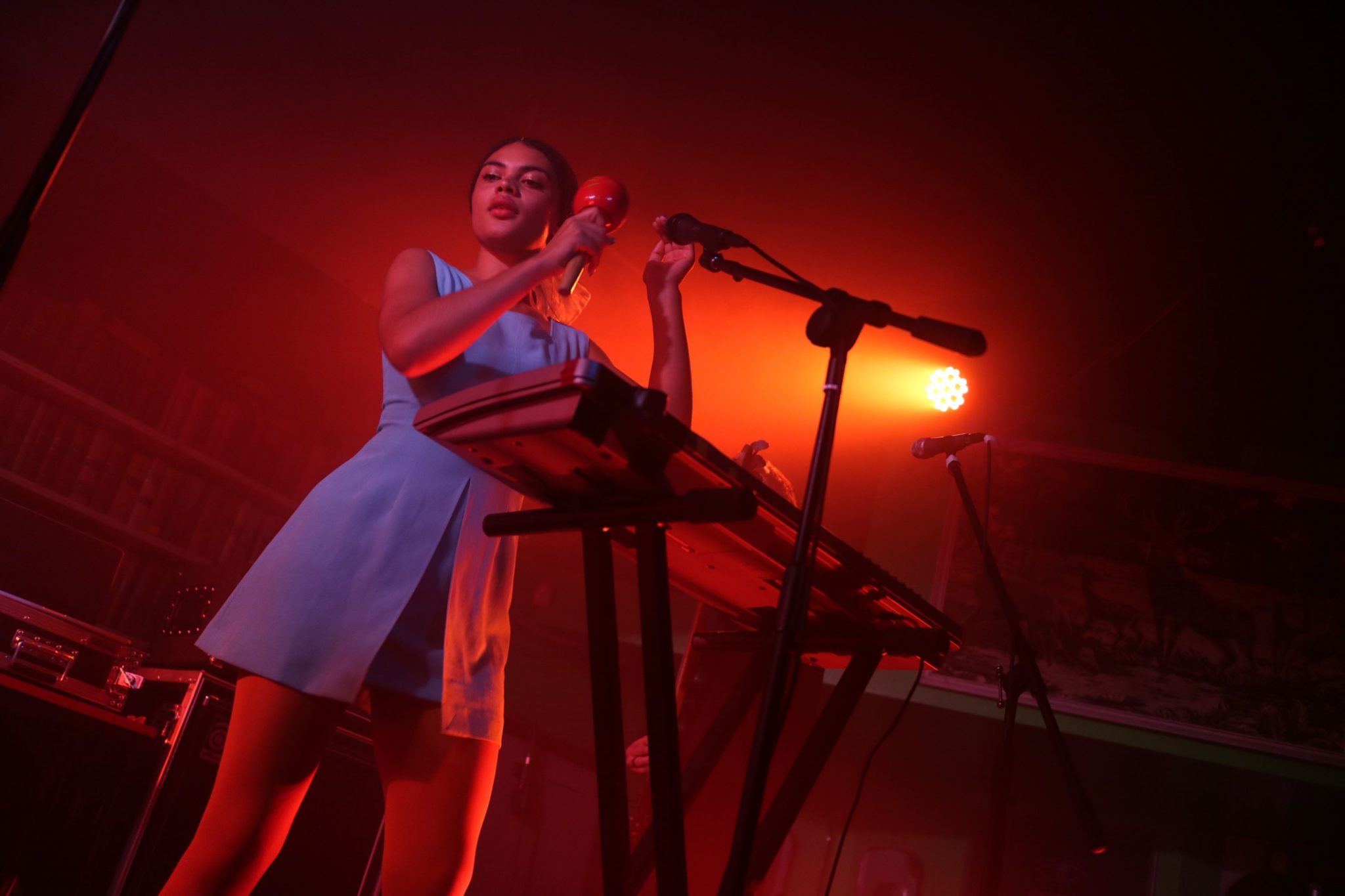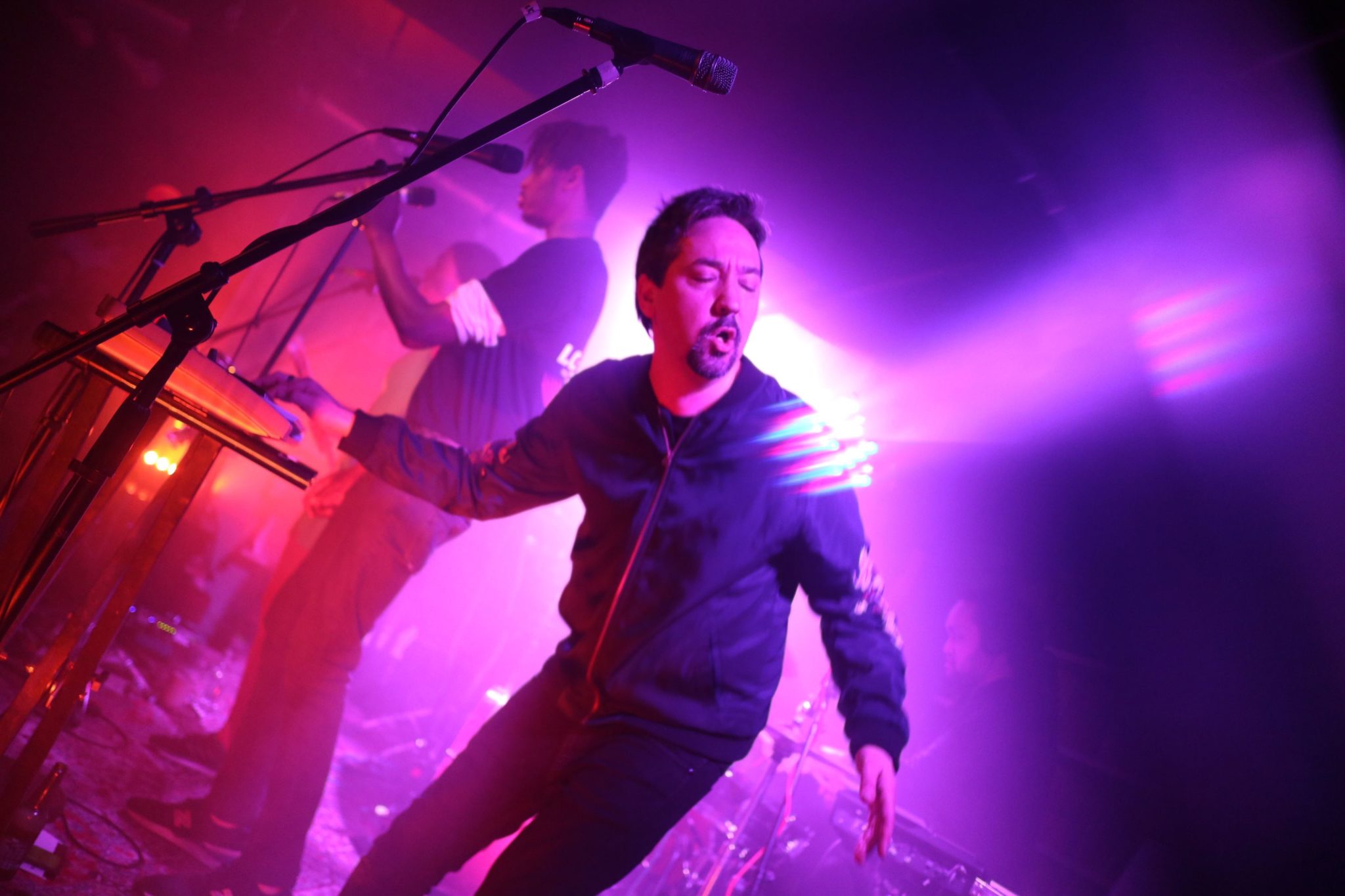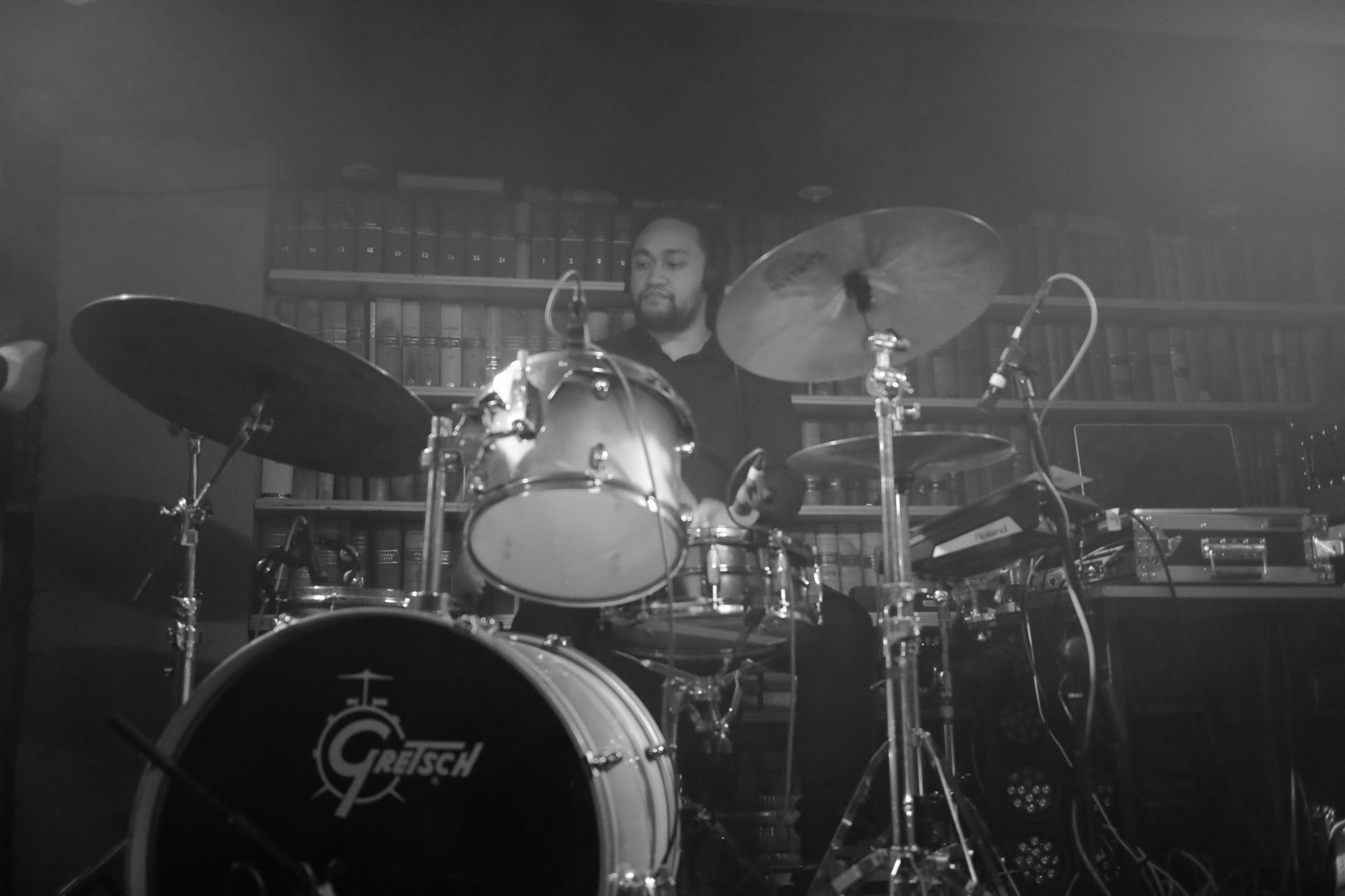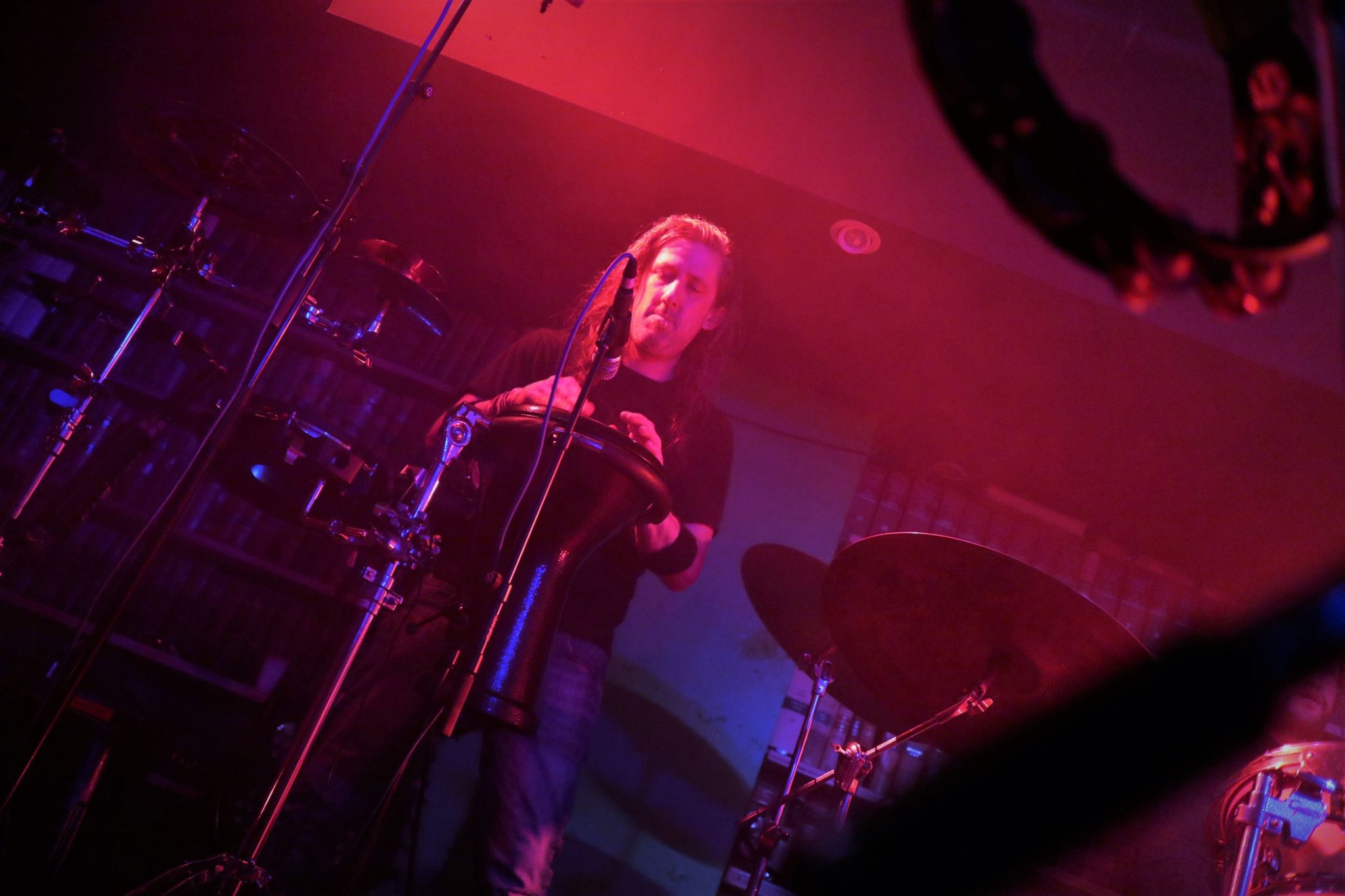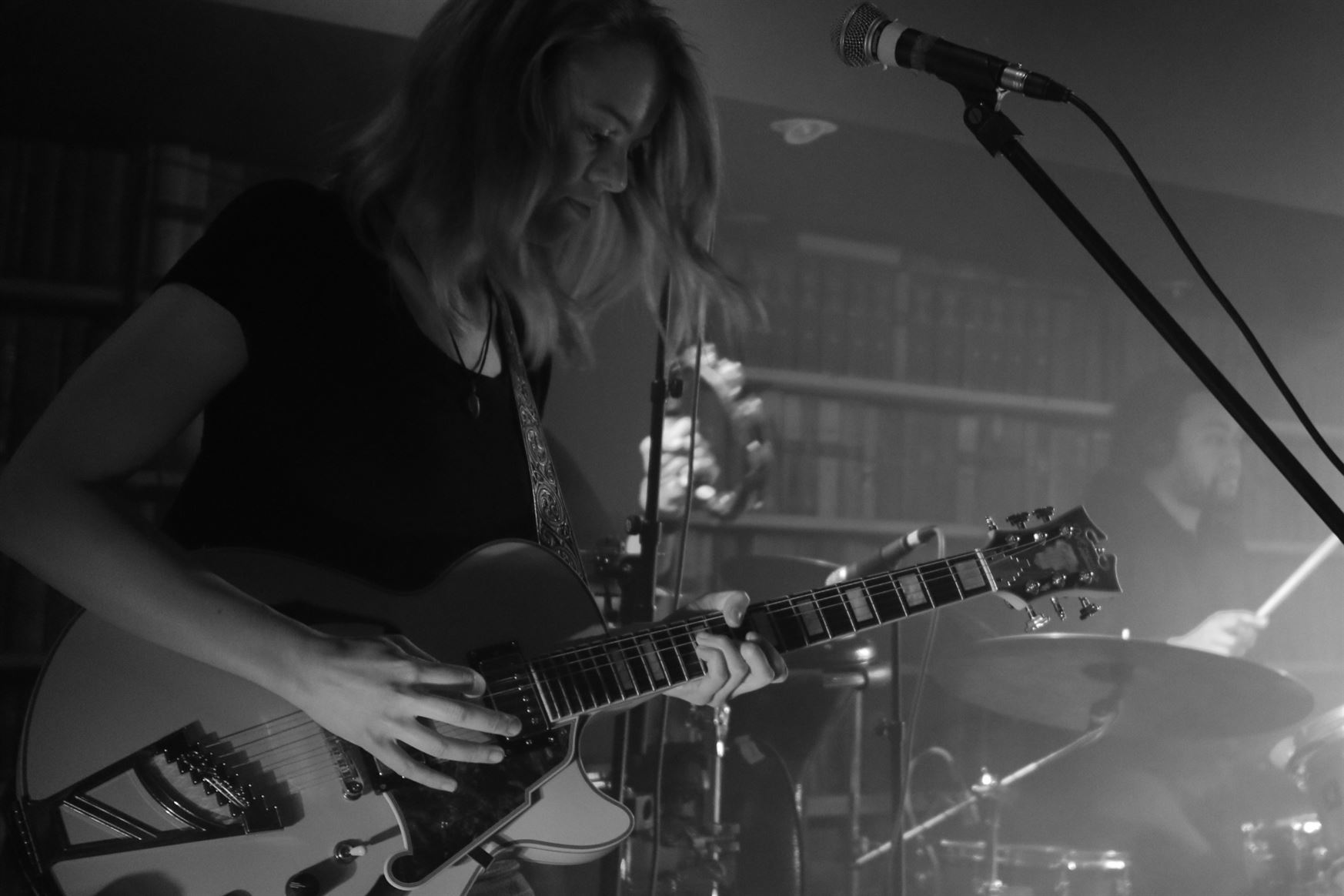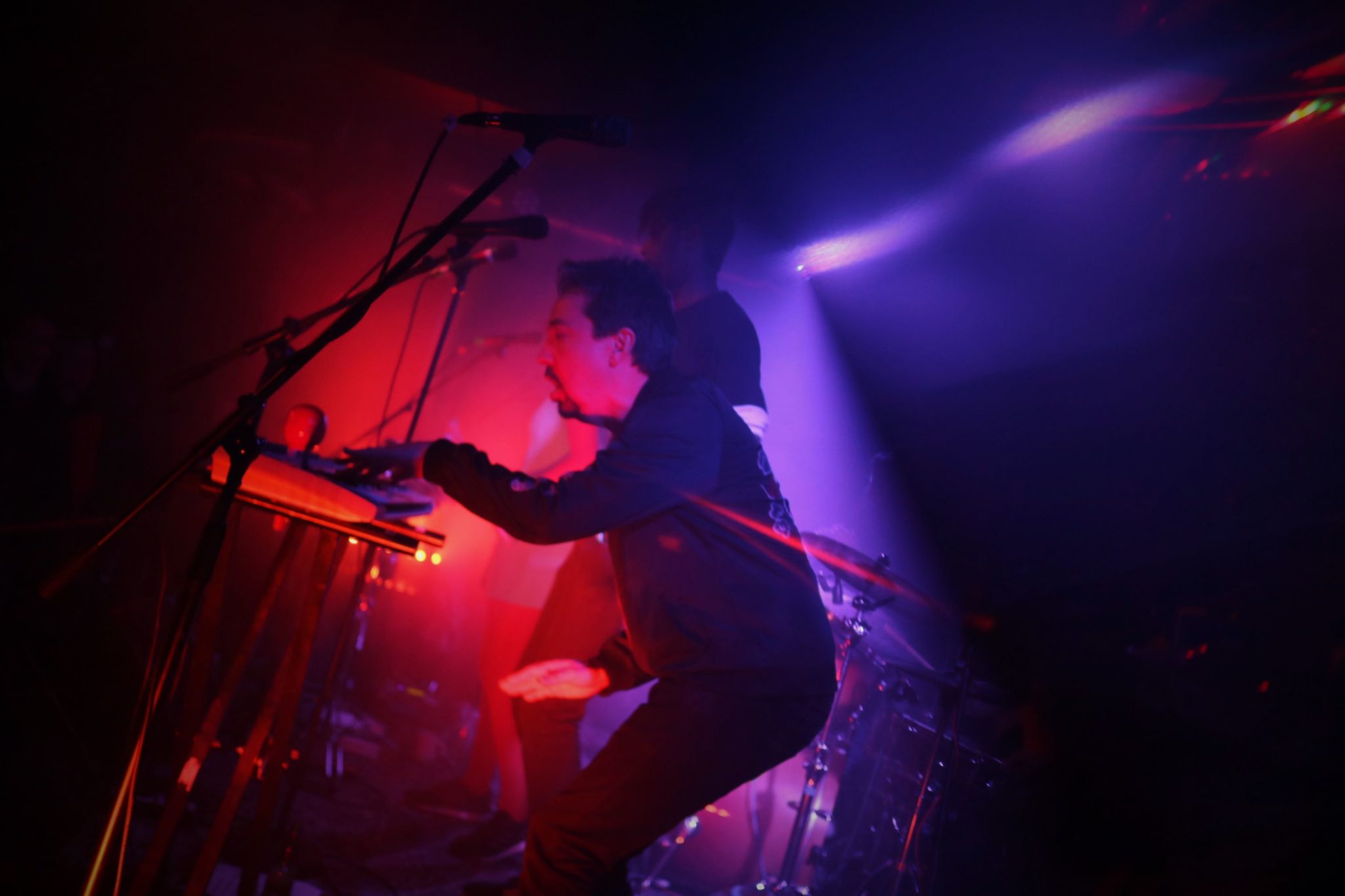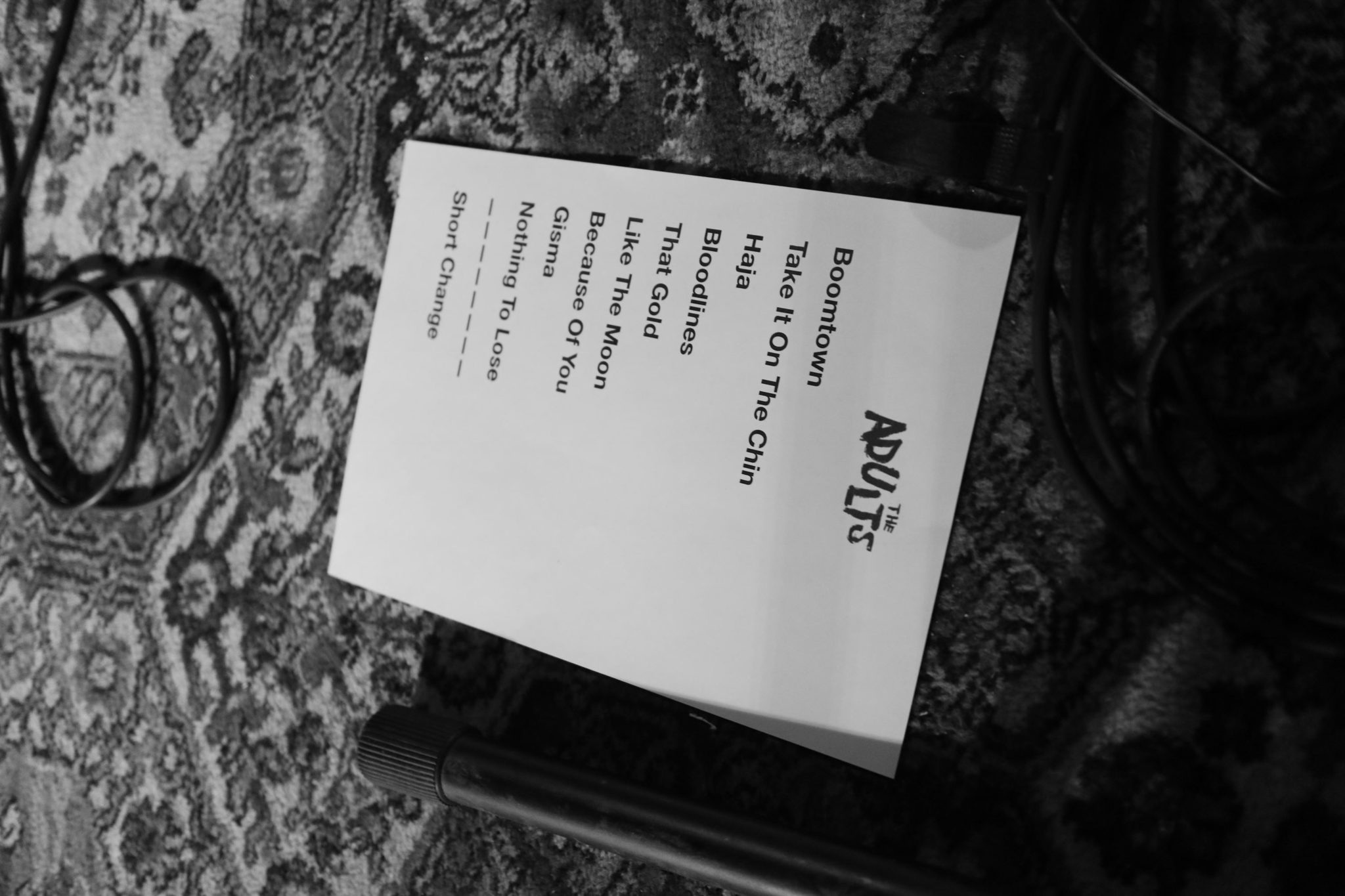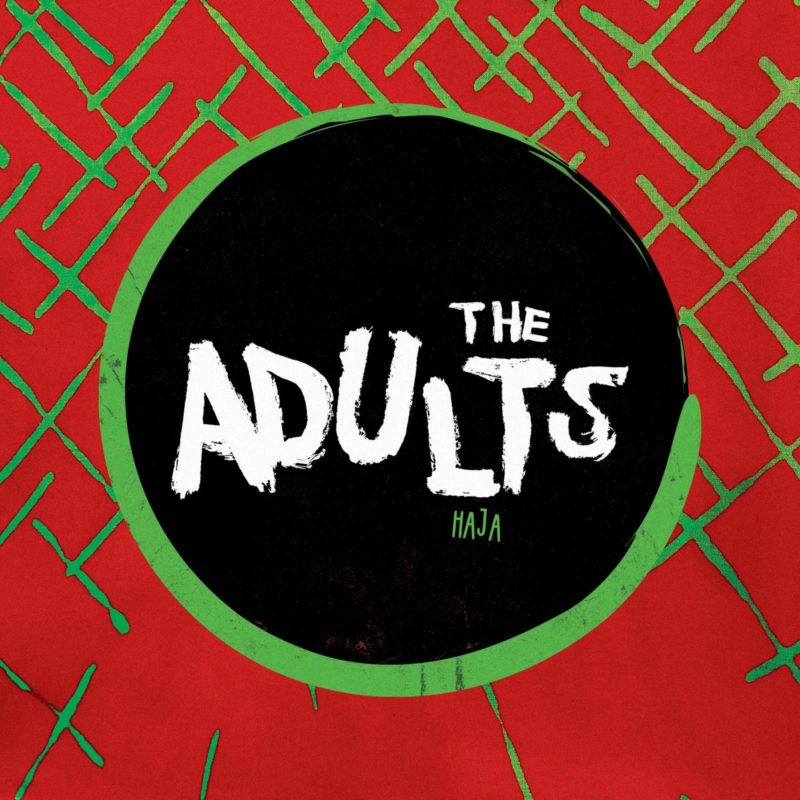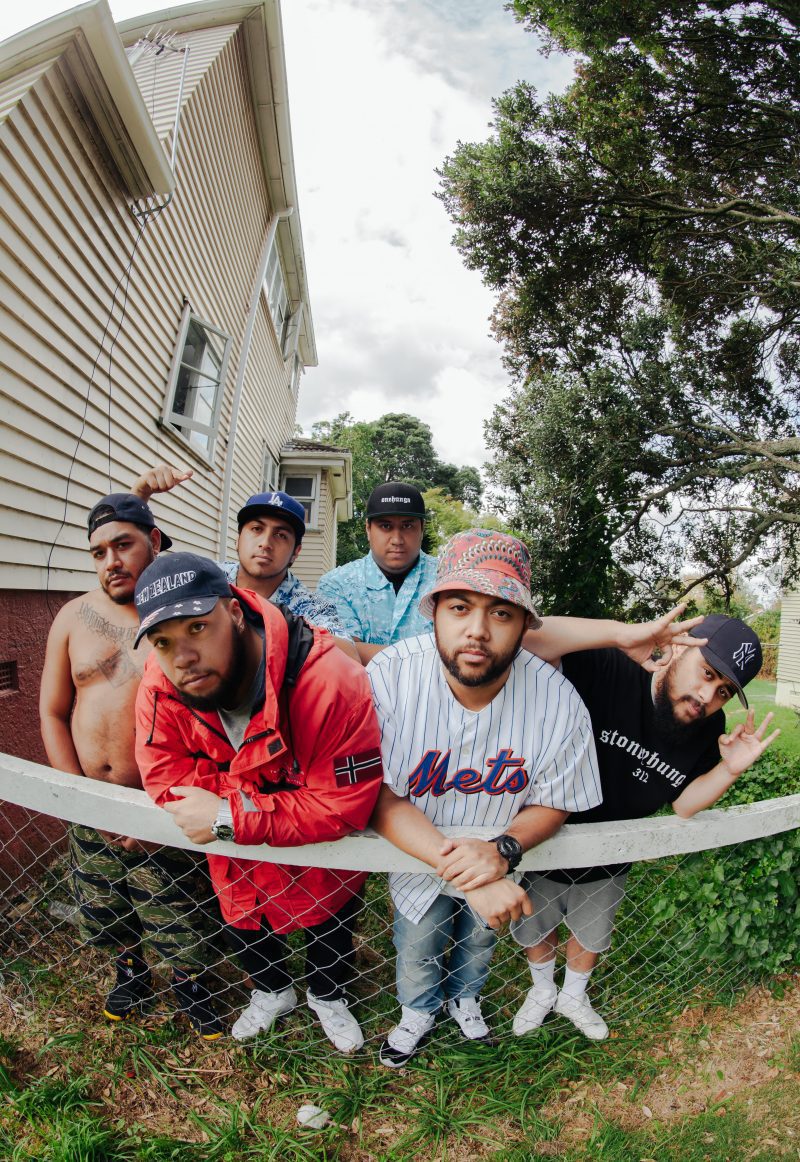SWIDT (See What I Did There) is on the rise. A 5 man Hip-Hop collective from Onehunga, Auckland, they enjoyed huge success with their début album ‘SmokeyGotBeatz Presents “SWIDT vs EVERYBODY”’ which was nominated for the “Critic’s Choice Award” and won the “Best Urban/Hip Hop” Album of the year at last year’s VNZMA.
They have just released ‘Close One’, the third instalment in a new 4 Part series focusing on the guys teenage years growing up in Onehunga.
The first instalment, Alfred & Church was produced by Tae Beast of Digi+Phonics (Kendrick Lamar, ScHoolboy Q). At the time of the interview, part 2 “Little Did She Know” was their latest release, a reflection of the trouble they would get up to behind their mothers’ backs.
In my first interview for Will Not Fade, I was lucky enough to have a quick chat with Jamal, a rapper/producer in the group that also includes producer SmokeyGotBeatz, rap duo SPYCC & INF and Boomer-Tha-GOD.
After connecting on how relatable “Little Did She Know” was (and reminiscing on the punishment when we got caught) we talked about SWIDT’s process for choosing a beat and theme for each track.
Jamal: We just sit there and go through each beat, and we only use the beats that everyone likes. Because we like to have a feeling, if one person’s not feeling it for a reason, then we don’t [use it], it’s not the one. Our main process is just getting together and vibing out, and the subject always come from how we’re feeling at the time.
Jayden: It must be so easy for you guys.
Jamal: I think it is, because we’re talking about ourselves, we’re not trying to be something else.
Jayden: You guys came up together right?
Jamal: Yeah, all of us grew up in the same hood. I met these guys later on down the track. These guys have known each other since the age of 4 or 5, and I met them when i was 16, we all went to the same school, all knew the same people. It was a connection that was too easy to not work with, we just banded together so easily. We weren’t even meant to be proper artists, but that’s how everything fell into place, and it just worked really well. We’ve been making music for years, it’s an organic thing that’s happened and we’re riding with it.
Jayden: Does it feel surreal, how fast you guys are blowing up?
Jamal: BRO. Hard out man. I’m still living normally, and I get family and friends coming up to me saying “You’re doing so well” and I’m like “Are we?” it just feels normal, we’re just trying to make music. Because we’ve been putting out music for so long, but we’re doing it as a crew now, and it’s getting a lot more recognition. We always sit back like “Man, this is cool!”
We talk about the 4 part series, and I compare it to drip feeding the mixtape that always comes before the album. He agrees, suggesting that it may be a first in New Zealand rap.
I grew up around music and wanting to do music, and like any budding artist I would dream about people I’d like to work with. So I’m always curious if already established artists feel the same way. The answer is obvious for Jamal: Kendrick Lamar.
Jamal: He’s at the pinnacle of his career right now, to work with him would be an experience.
Jayden: Imagine writing with him, just being in the studio, understanding his process.
Jamal: The way his music works, it’s not normal, it’s an actually well thought out process, there’s a reason why he’s making every song.
We discuss Kendrick’s new album Damn, and it’s ranking against his other albums. Jamal puts Damn in at 2nd, behind Good Kid, M.A.A.D City, which I strongly agree with.
Jamal: I’m a producer, and I put beats first, I’m not that great at understanding lyrics, and when I heard Good Kid, M.A.A.D City, I could listen to it from start to finish and not skip a song. That’s rare in albums these days.
Other dream collaborations were Prince and Andre 3000 (of Outkast). I though Andre 3000 was an interesting choice so I asked him to elaborate.
Jamal: Growing up, we really listened to music in the 2000’s, because we were born in the 90’s, Outkast and Dipset (The Diplomats). And it was cool because Outkast was a duo of rappers, and Dipset had rappers and producers, and we connected with that so well. Even to this day we still look at things the way they would. Like fashion, Dipset had the whole New York swagger, and we have the Hawaiian Shirts.
Remembering that they sometimes refer to themselves as The Hawaiian Shirt Mafia, I asked him about the colourful Pacific Island shirts they are often seen wearing.
Jamal: We’re pacific people, so why not show off pacific visuals to an audience that don’t understand why Islander people wear Hawaiian shirts. They’re mean colours, mean to wear, and I think they popping now. I’ve seen people releasing Hawaiian patterned clothing in popular stores like Hallensteins, and it’s crazy, we didn’t think they would pop, we just wanted to wear them because that was us.
But it’s true, pacific printed clothing is starting to trend again, and I commend him on the timely fashion choice.
SWIDT links:
Website: http://www.swidt.co.nz/
Facebook: https://www.facebook.com/swidtmusic/
Twitter: https://twitter.com/swidtmusic
Youtube: https://www.youtube.com/channel/UCFAaZ0SEDdG7QW9hyE436ZQ
Instagram: https://www.instagram.com/swidtmusic/
Vice feature: https://www.vice.com/en_nz/article/rappers-swidt-are-repping-a-fast-disappearing-suburban-auckland
